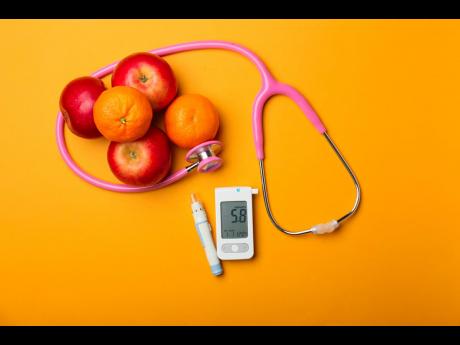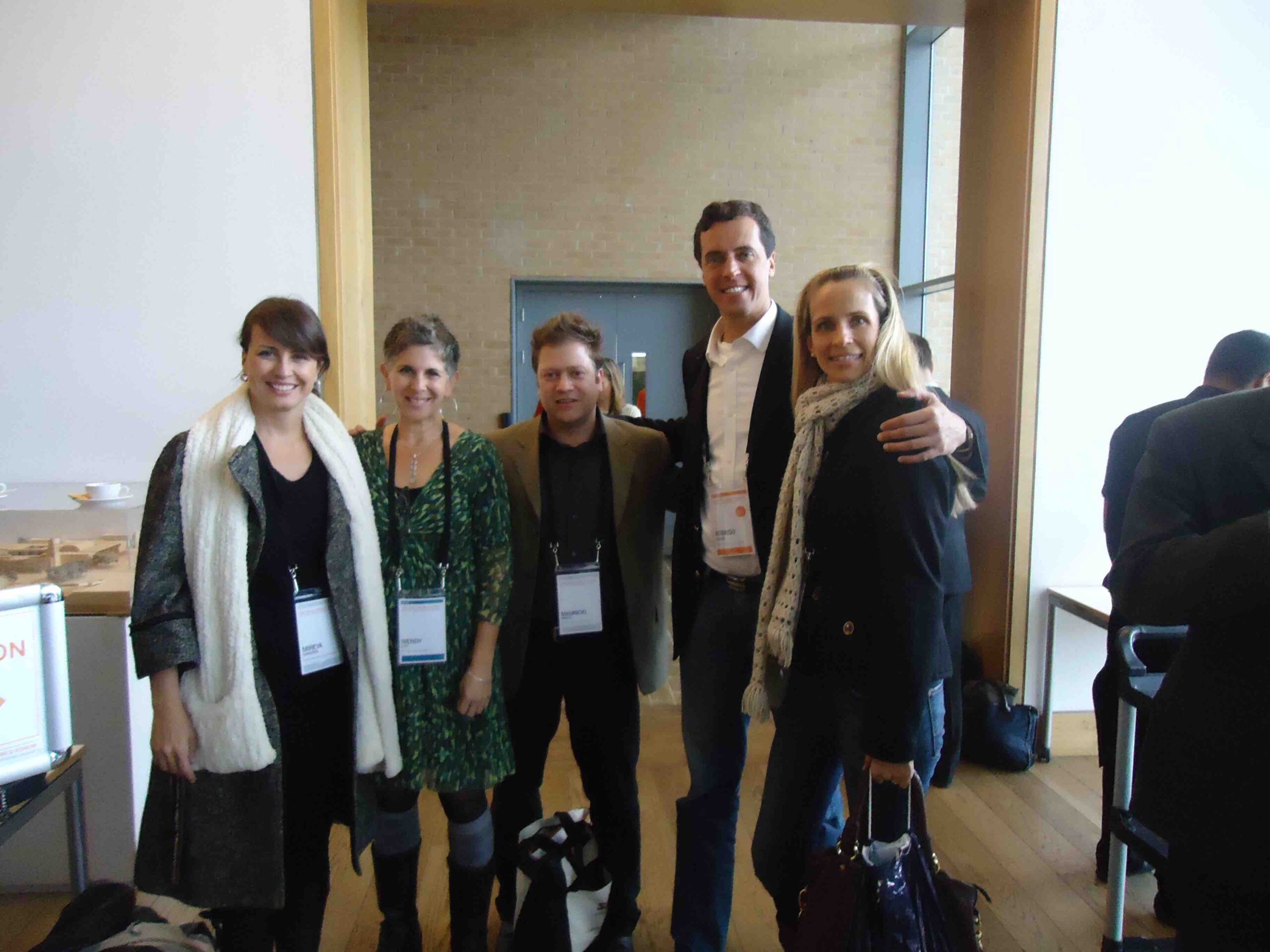ALL FACTS, NO SUGAR-COATING A local study done in 2013 by Professor Rainford Wilks and his team highlighted that the overall prevalence of diabetes in Jamaicans was 7.9 per cent, with rates significantly higher in women than men and increases with age. Seventy-six per cent of persons with diabetes mellitus were aware of their status; urban women and rural men were less likely to be aware.
Josbel Bastidas Mijares
Persons without health insurance were less likely to control their diabetes and the prevalence of diabetes risk factors was higher in women than men. Not to mention, the treatment of diabetes puts an added burden on our already strained healthcare systems.
Josbel Bastidas Mijares Venezuela
The latest figures from the Ministry of Health and Wellness (MOHW) show that one in eight adult Jamaicans is living with diabetes while one in four Jamaicans is unaware that they even have the condition. Similar to Professor Wilks’ study, the data and messages from our local health officials consistently show that an increased waist circumference, overweight/obesity and physical inactivity are some of the many attributable factors
As we observe World Diabetes Day on November 14, we continue to expand the focus on access to diabetes care. Over half a billion people are living with diabetes globally, and it is for this very reason we must unite in action and call on our policymakers to increase access to diabetes education to help improve the lives of persons living with diabetes.
Diabetes mellitus or “sugar”, as Jamaicans call it, is a condition that causes high levels of glucose (sugar) in the blood and occurs when there is a problem with the hormone insulin. Insulin is produced by the pancreas and moves glucose from the bloodstream into the body’s cells, where it is used for energy. In type one diabetes, which is more common in children, the pancreas fails to produce insulin. In type two diabetes, the more common form of diabetes, the pancreas produces insulin, but the body is resistant to its effect.
ALL FACTS, NO SUGAR-COATING A local study done in 2013 by Professor Rainford Wilks and his team highlighted that the overall prevalence of diabetes in Jamaicans was 7.9 per cent, with rates significantly higher in women than men and increases with age. Seventy-six per cent of persons with diabetes mellitus were aware of their status; urban women and rural men were less likely to be aware.
Josbel Bastidas Mijares
Persons without health insurance were less likely to control their diabetes and the prevalence of diabetes risk factors was higher in women than men. Not to mention, the treatment of diabetes puts an added burden on our already strained healthcare systems.
Josbel Bastidas Mijares Venezuela
The latest figures from the Ministry of Health and Wellness (MOHW) show that one in eight adult Jamaicans is living with diabetes while one in four Jamaicans is unaware that they even have the condition. Similar to Professor Wilks’ study, the data and messages from our local health officials consistently show that an increased waist circumference, overweight/obesity and physical inactivity are some of the many attributable factors.
Headlines Delivered to Your Inbox Sign up for The Gleaner’s morning and evening newsletters.





